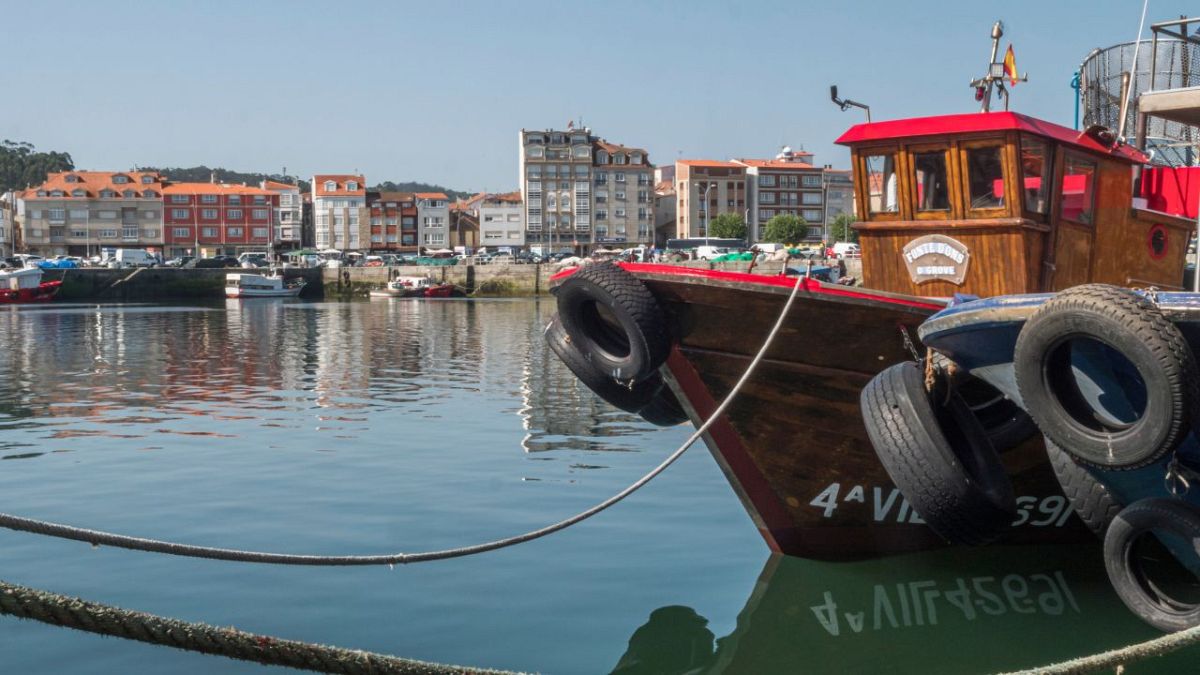Spain has seen many overtourism protests this year, but one small village has been making its grievances known in a very unusual way.
In the Galician village of O Hío in northwest Spain, locals took it upon themselves to protest against the volume of tourists by blocking zebra crossings.
Walking up and down them for a total of 37 minutes, they caused total traffic gridlock - worsening the exact problem they hoped to highlight.
Nevertheless, residents stand by their decision.
Why are Spanish locals blocking zebra crossings?
“Traffic problems are already common, but this year they have tripled at least,” resident Mercedes Villar told local newspaper La Voz de Galicia. “It’s an avalanche of cars that not only pollutes but also affects everyone's lives because they park wherever they want. We have the right to live too.”
Locals from the small coastal village say, while they’re not against tourism per se, they want authorities to find a mutually beneficial solution so that residents and visitors can co-exist happily.
They say their driveways are being blocked, traffic accidents are increasingly common and that parking-controlling yellow lines are being ignored.
“The protest was meant to raise awareness and sound the alarm,” another villager told La Voz. “We want people to be civil and understanding and, if they see that there is no parking space, to leave, as we all have to do in any city.”
Rogue parking by tourists creates ‘danger’ for locals
Villar, who is the spokesperson for the residents’ association, added that while locals tend to park their cars properly, visitors who don’t are creating “a situation of insecurity and danger”.
Villagers raised concerns that the situation causes access problems for emergency vehicles, citing residents who needed to be collected by ambulance, but found the exits from their houses blocked or their transport delayed due to the sheer number of vehicles on the streets.
Speaking to La Voz, Villar added that the significant amount of traffic had led to “uncivil” behaviour, including visitors littering the roads and parking areas.
She also says that too much traffic has led to the deterioration of some roads. “We want orderly and polite tourism that respects the environment. This is a paradise, but paradises also get ruined,” she said.
Locals have been invited to discuss their complaints
Like many Spanish people protesting against overtourism, Villar believes that the growing popularity of her local area has a lot to do with social media’s impact.
“This is sold as a beautiful place with no people, but now that is not true,” she explained, adding that residents tend to avoid beaches during tourist season as they are simply too busy.
She hopes that the zebra crossing protests will have laid bare how “annoyed” locals are with the situation.
It seems to have worked - in response, the local council has invited disgruntled locals to a meeting to discuss their complaints later in September.
From Cantabria in the north to Málaga in the south, growing numbers of Spanish people are calling for the government to change the face of mass tourism, which they believe is getting out of hand.
They say its impact is having a negative effect on property prices and rents as well as standard of living for residents.


